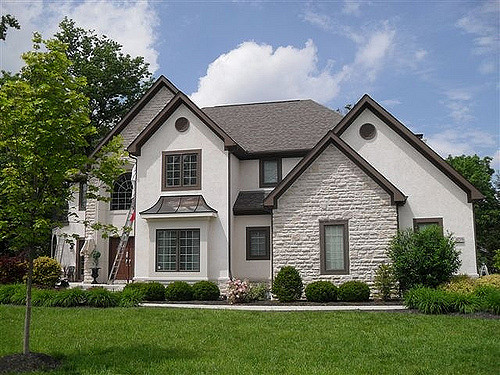Statistics show that homes without security systems are three times more likely to have an intrusion than homes with a system. Also, a security system can substantially reduce your home insurance costs. Therefore, take concrete steps to choose the best alarm system to protect your home and find peace and quiet.
The Criteria Required by Your Insurance Company
You should always determine if a security system provided by a security system provider perfectly meets the criteria required by your insurance company. Thus, the minimum security system required by an insurance company should usually comprise a central alarm and a detector. On the other hand, it is possible to add several other accessories: home automation, home security devices, anti-intrusion equipment, etc.
DIY home security vs. ADT security
Scalability may be provided by DIY or ADT, and allows users to advance “step by step” according to their needs. The higher the number of security system accessories inside a home, the greater the difficulty of entering without being detected. Any detection of intrusion by the cameras allows a system to instantly, via the system center, notify friends, neighbors or a security company who will be responsible for dispatching qualified personnel to the scene and taking the necessary measures.
If a break-in is detected, the machine can also call several pre-programmed numbers, such as your cell phone number, to inform you of the intrusion. Security system accessories can also be used in conjunction with home automation scenarios and equipment. For example, when a door or window opens, the magnetic field switches off and the detector signals the intrusion.
You also have the possibility to freely choose the location of each element and adapt your system to any type of dwelling. For example, a user may add motion detectors to signal any motion through passages that are near the sensors. Motion detectors therefore locate an unusual presence and transmit the information to the system center.
GSM Alarms
Remember, a GSM alarm costs more on average than a PSTN alarm, but the options it offers are also more numerous. On the other hand, the basic price of a wired alarm with an acceptable level of security is approximately $400. Remember, an acceptable level of security guarantees the consumer that the product he buys is reliable and meets his needs. To ensure the best protection of one of the most expensive and intimate things you have, your home, you must check at the time of purchase if the device you choose is a quality device.

